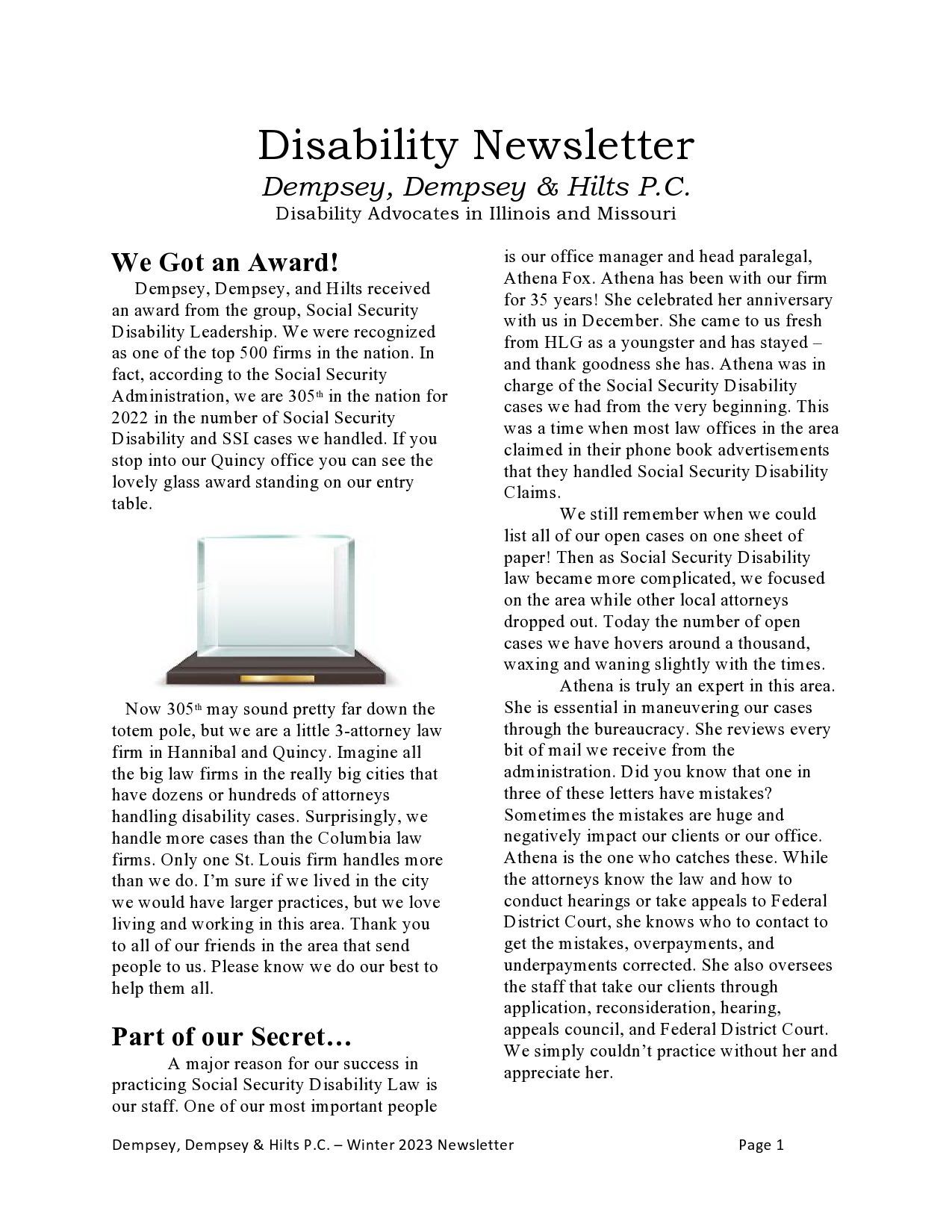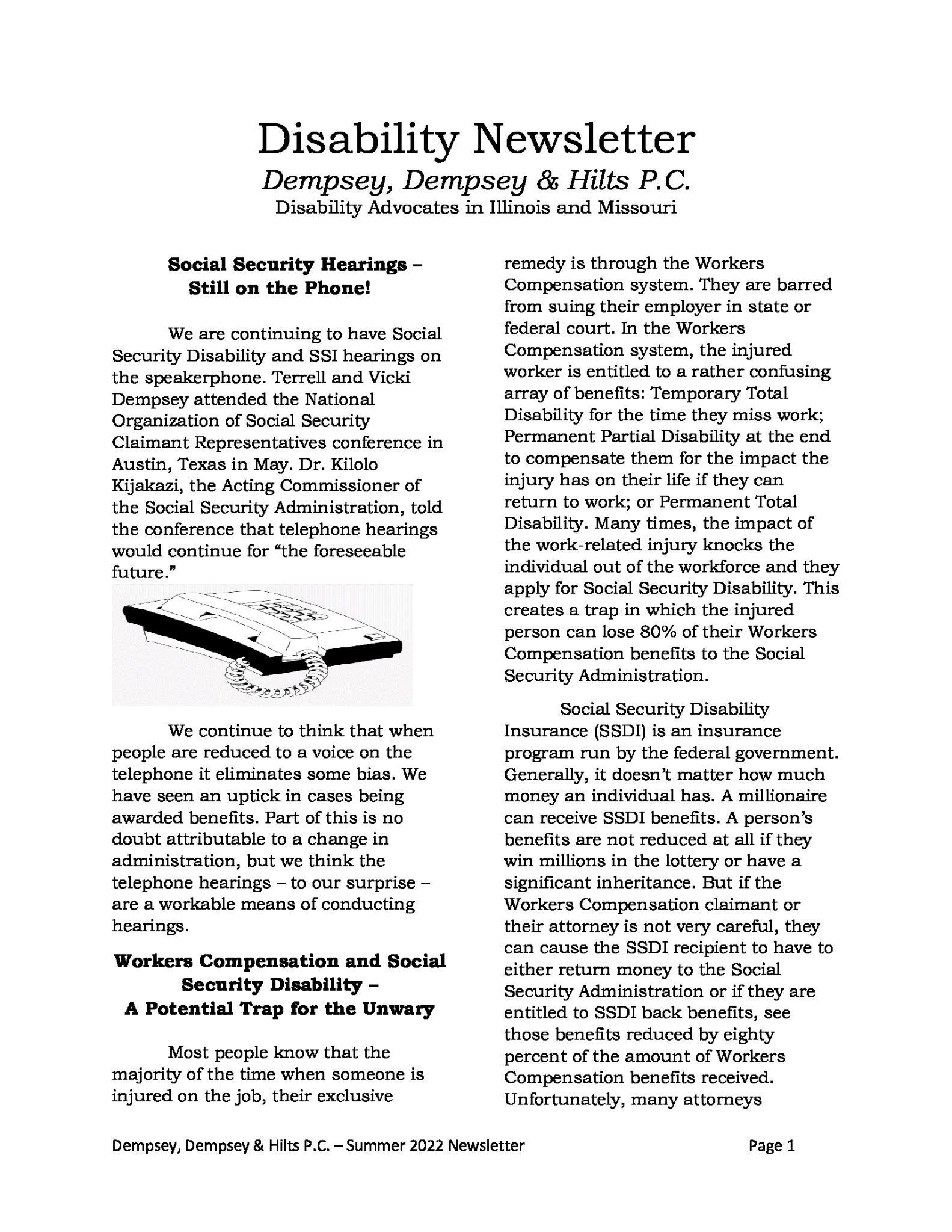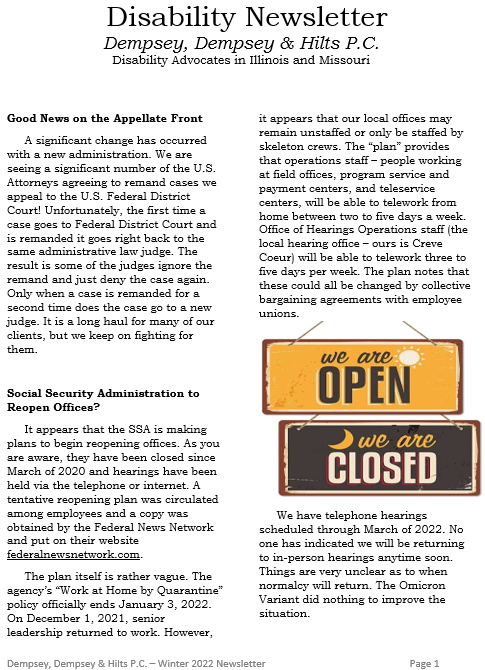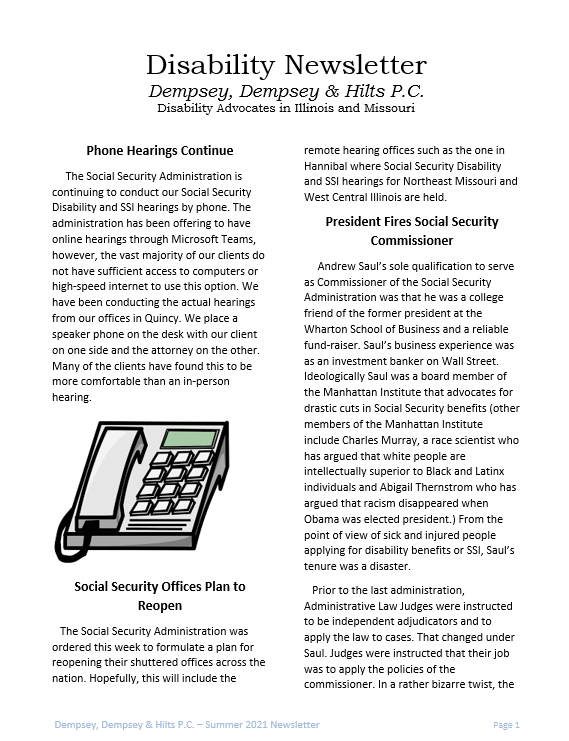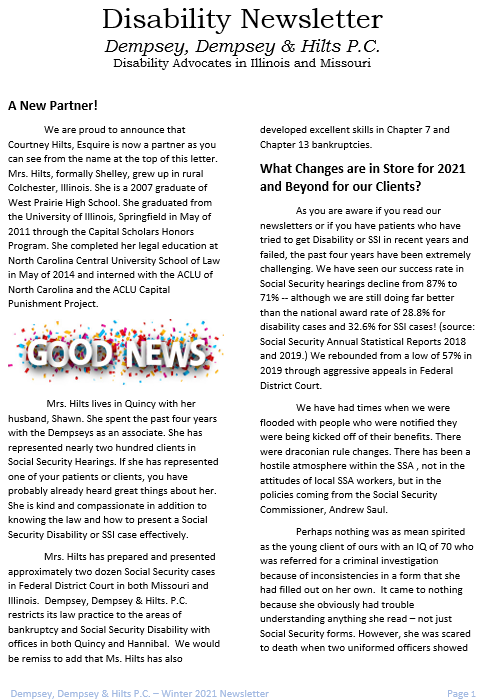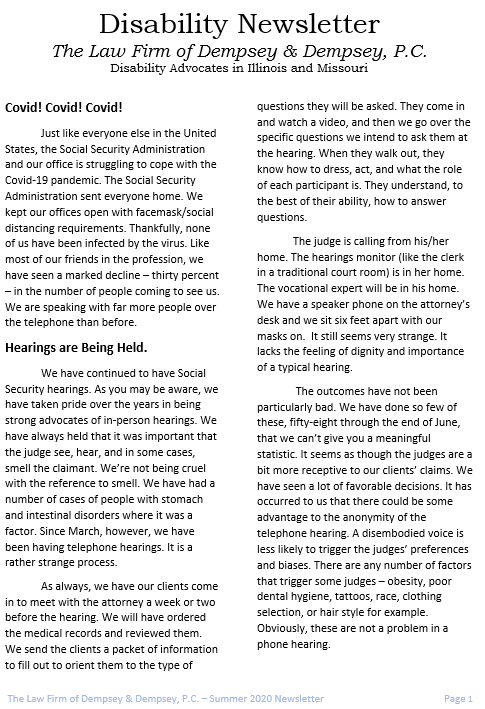Means Test: How Bankruptcy Law Changed in 2005
If you filed bankruptcy BEFORE 2005, and you are having financial problems again, once it has been eight years, you are eligible to file again. However, the law was changed in October, 2005, and you need to be aware of two things: the “means test” and debtor counseling/education.
The “Means Test” is the Bankruptcy Court’s way of comparing your income with other similar sized families living in your state. They look back at the six months prior to the month in which you file bankruptcy. For example, if you file in February, you will need paystubs, and other sources of income, such as pensions, child support or unemployment for August through January. If you are married and living together, even if your spouse does not plan to file bankruptcy with you, you will need to average your spouse’s six months of income as well. The IRS collects income information, and the median income for either a single person, up to a family of four, can be found for each state at the US Trustee’s website.
If your income is seasonal, or changes from month to month because of overtime or commissions, the timing of when you file a bankruptcy can radically impact the Means Test. Getting advice from a bankruptcy attorney can be critical if your six month average appears to be OVER the state median income. A presumption arises that you should be filing a Chapter 13 re-payment plan for 60 months, if your income is over the median. This presumption can be rebutted depending on many factors. A form called the B22 has to be filled out in each case, and there are guidelines for such monthly expenses as food, clothing, medicine and utilities. Other expenses such as home loans, car loans, debts to the IRS or child support can change the outcome. Getting professional advice can make all the difference in whether you should be filing a Chapter 7 or Chapter 13 bankruptcy.
The other major change in the law implemented in 2005 was requiring debtors to take a pre-filing counseling session, and a post-filing debtor education class. There is a list of the approved companies on the US Trustee’s website. There are probably a couple hundred listed. Our office has used Consumer Credit Counseling Service of Springfield, Missouri for these past eight years, and our clients have been happy with their services, but any approved company can be used. A debtor has to fill out paperwork and have a phone call with them in order for them to issue a certificate proving to the bankruptcy court that you have completed this required counseling. These certificates are only good for six months, so it is advisable to talk with an attorney BEFORE you take this counseling to make sure there is not some good reason to wait to file a bankruptcy.
After you file your bankruptcy, whether it is a Chapter 7 or a Chapter 13, there is a debtor education class you must take, either online or over the phone. It is a 2 hour, “how to live on a budget” class that hopefully will help you in the future. A second certificate is issued, and this must be filed with the court in order for a debtor to receive a final discharge.
Our office offers a free consultation where we sit down with you and review your budget. We can make a preliminary determination if you should be filing a Chapter 7 or Chapter 13. Besides your level of income, there are many other considerations that factor into which Chapter is best for you. For example, are you facing a foreclosure because you’ve gotten behind on your mortgage payments? Do you have assets that might be forced to be liquidated by a trustee in a Chapter 7? Do you owe the IRS or state back income tax? These are all reasons to consider a Chapter 13, if your budget allows for one. Getting professional advice is key.
The post Means Test: How Bankruptcy Law Changed in 2005 appeared first on Dempsey, Dempsey & Hilts P.C..
